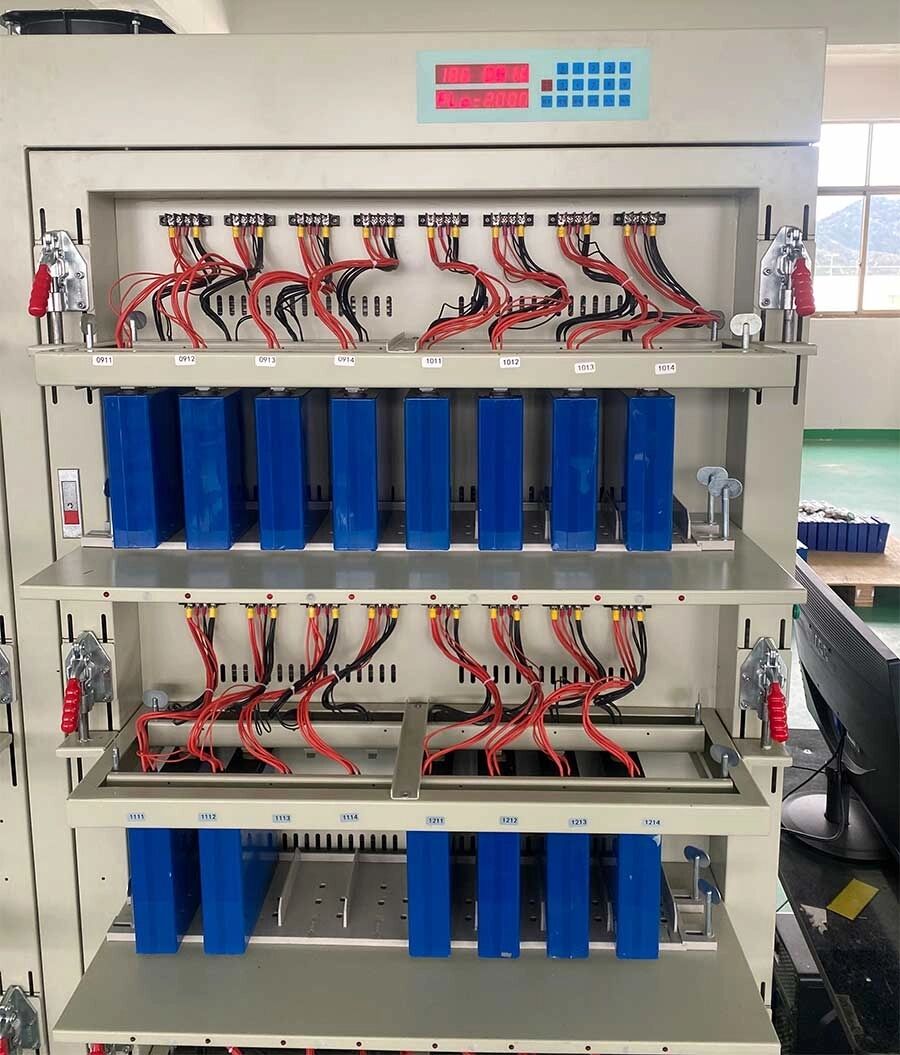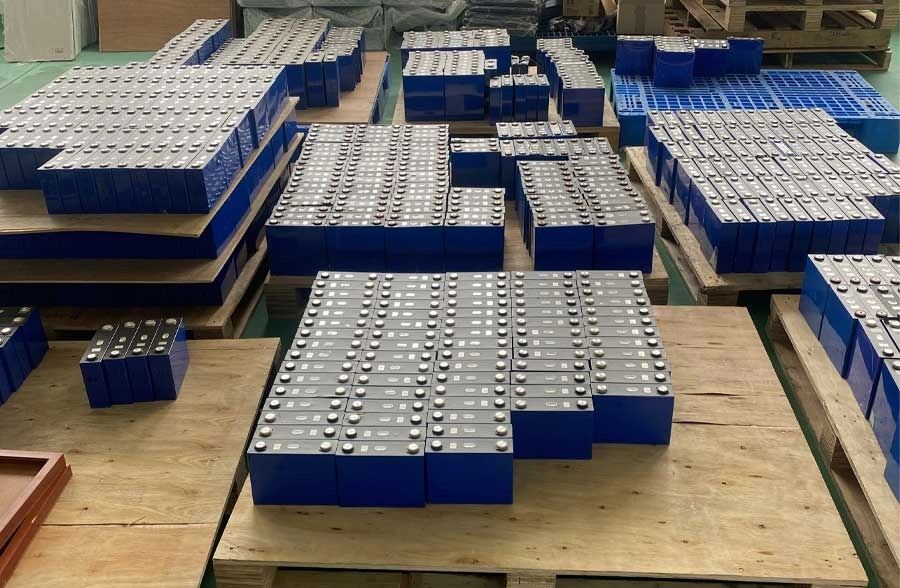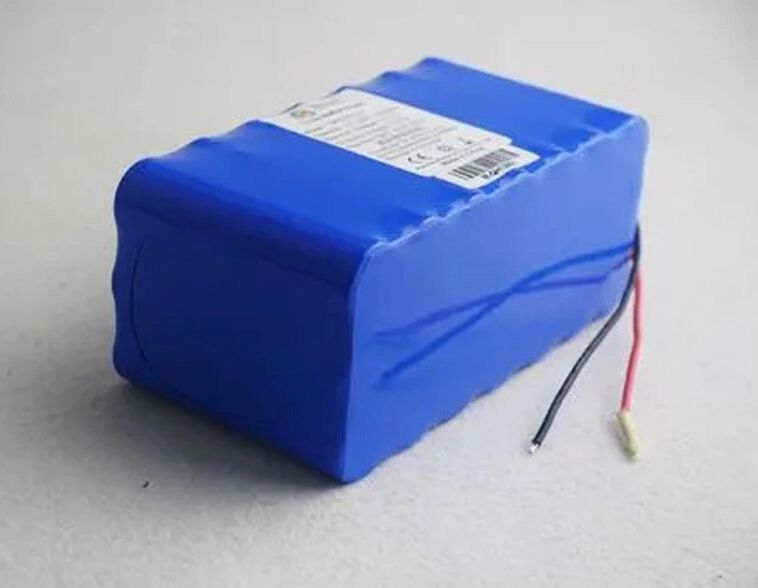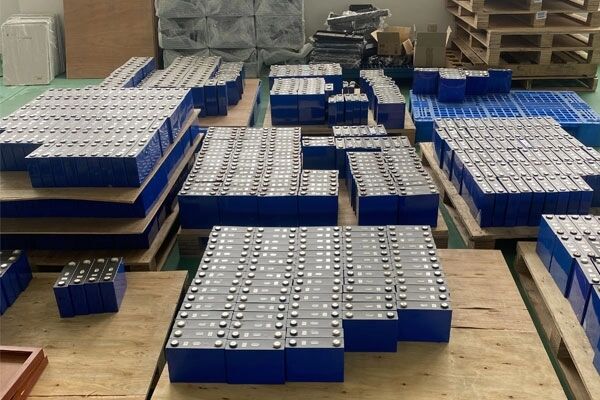Lithium iron phosphate and lithium batteries each have their own advantages, but lithium iron phosphate performs better in terms of safety and cycle life.
Introduction to LiFePO4 batteries
Lithium iron phosphate battery refers to a lithium-ion battery that uses lithium iron phosphate as the positive electrode material.The positive electrode materials of lithium-ion batteries mainly include lithium cobalt oxide, lithium manganese oxide, lithium nickel oxide, ternary materials, lithium iron phosphate, etc. Among them, lithium cobalt oxide is the positive electrode material used by most lithium-ion batteries.

Advantages of LiFePO4 batteries
1. Lithium iron phosphate batteries have a long lifespan, with a cycle life of more than 2,000 times.Under the same conditions, lithium iron phosphate batteries can be used for 7 to 8 years.
2. Safe to use.Lithium iron phosphate batteries have undergone rigorous safety tests and will not explode even if a fault occurs.
3. Fast charging.Using a dedicated charger, 1.5C charging for 40 minutes can fully charge the battery.
4. Lithium iron phosphate batteries are resistant to high temperatures, and the hot air value of lithium iron phosphate batteries can reach 350 to 500 degrees Celsius.
5. Lithium iron phosphate batteries have a large capacity.
6. Lithium iron phosphate batteries have no memory effect.
7. Lithium iron phosphate batteries are green, environmentally friendly, non-toxic, non-polluting, have wide sources of raw materials and are cheap.
Disadvantages of LiFePO4 batteries
1. The tap density of the positive electrode of lithium iron phosphate battery is small, and the density is generally around 0.8 to 1.3.
2. Poor conductivity, slow lithium ion diffusion, and low actual specific capacity during high-fold charge and discharge.
3. The low-temperature performance of lithium iron phosphate battery is poor.
4. The life of a single lithium iron phosphate battery is long, around 2,000 times, but the life of a lithium iron phosphate battery pack is short, usually around 500 times.

Application areas of lithium iron phosphate battery
1. Large electric vehicles: buses, electric cars, scenic tour buses, hybrid vehicles, etc.;
2. Light electric vehicles: electric bicycles, golf carts, small flat battery vehicles, forklifts, cleaning vehicles, electric wheelchairs, etc.;
3. Power tools: electric drill, electric saw, lawn mower, etc.;
4. Toys such as remote control cars, boats, and airplanes;
5. Energy storage equipment for solar and wind power generation;
6. UPS and emergency lights, warning lights and miner's lamps (the best in terms of safety);
7. Replaces 3V disposable lithium batteries and 9V NiCd or NiMH rechargeable batteries in cameras (exactly the same size);
8. Small medical instruments and portable instruments, etc.
Introduction to Lithium Batteries
Lithium batteries are a type of battery that uses lithium metal or lithium alloy as the negative electrode material and uses a non-aqueous electrolyte solution.Due to the very active chemical properties of lithium metal, the processing, storage, and use of lithium metal have very high environmental requirements.Therefore, lithium battery has not been applied for a long time.With the development of science and technology, lithium batteries have now become mainstream.
Advantages of lithium batteries
1. Relatively high energy. It has high storage energy density, reaching 460-600Wh/kg, which is about 6-7 times that of lead-acid batteries;
2. Long service life, the service life can reach more than 6 years. The battery with lithium iron phosphate as the positive electrode can be charged and discharged at 1C (100% DOD) and can be used 10,000 times;
3. The rated voltage is high (the working voltage of a single unit is 3.7V or 3.2V), which is approximately equal to the series voltage of three nickel-cadmium or nickel-metal hydride rechargeable batteries, making it easy to form a battery power pack; lithium batteries can be adjusted by a new type of lithium battery. Using voltage regulator technology, the voltage is adjusted to 3.0V to suit the use of small electrical appliances;
4. It has high power tolerance. The lithium iron phosphate lithium-ion battery used in electric vehicles can achieve 15-30C charge and discharge capacity, which is convenient for high-intensity starting acceleration;
5. The self-discharge rate is very low, which is one of the most outstanding advantages of this battery. It can generally be less than 1%/month, less than 1/20 of that of nickel-metal hydride batteries;
6. Light weight, the weight is about 1/6-1/5 of lead-acid products in the same volume;
7. It has strong adaptability to high and low temperatures and can be used in an environment of -20℃--60℃. After technological treatment, it can be used in an environment of -45℃.
8. Green and environmentally friendly, regardless of production, use or scrapping, it does not contain or produce any toxic or harmful heavy metal elements and substances such as lead, mercury, cadmium, etc.
9. The production basically does not consume water, which is very beneficial for water-scarce countries. Specific energy refers to the energy per unit weight or unit volume. Specific energy is expressed in Wh/kg or Wh/L. Wh is the unit of energy, W is watt, h is hour; kg is kilogram (weight unit), L is liter (volume unit).

Disadvantages of lithium batteries
1. Lithium primary batteries have poor safety and risk of explosion.
2. Lithium cobalt oxide lithium-ion batteries cannot discharge at high currents, are expensive, and have poor safety.
3. Lithium-ion batteries need protective circuits to prevent the battery from being overcharged or discharged.
4. The production requires high conditions and high costs.
5. The use conditions are limited, and the use of high and low temperatures is very dangerous.
Application areas of lithium batteries
1. Transportation power supply
2. Electric energy storage power supply
3. Mobile communication power supply
4. New energy storage power
5. Aerospace and military power supply
The difference between lithium iron phosphate batteries and lithium batteries
1. Lithium iron phosphate batteries are used to make lithium-ion secondary batteries. Now the main direction is power batteries. Compared with NI-H, Ni-Cd batteries have great advantages.
2. Lithium battery is a type of battery that uses lithium metal or lithium alloy as the cathode material and uses a non-aqueous electrolyte solution. The chemical properties of lithium metal are very active, which makes the processing, storage, and use of lithium metal very demanding on the environment.
3. Lithium iron phosphate batteries will not catch fire or explode when punctured, but lithium batteries will.
4. Lithium iron phosphate can withstand overcharging to 100% without catching fire or exploding; lithium batteries will gas and swell when they reach the specified value.
